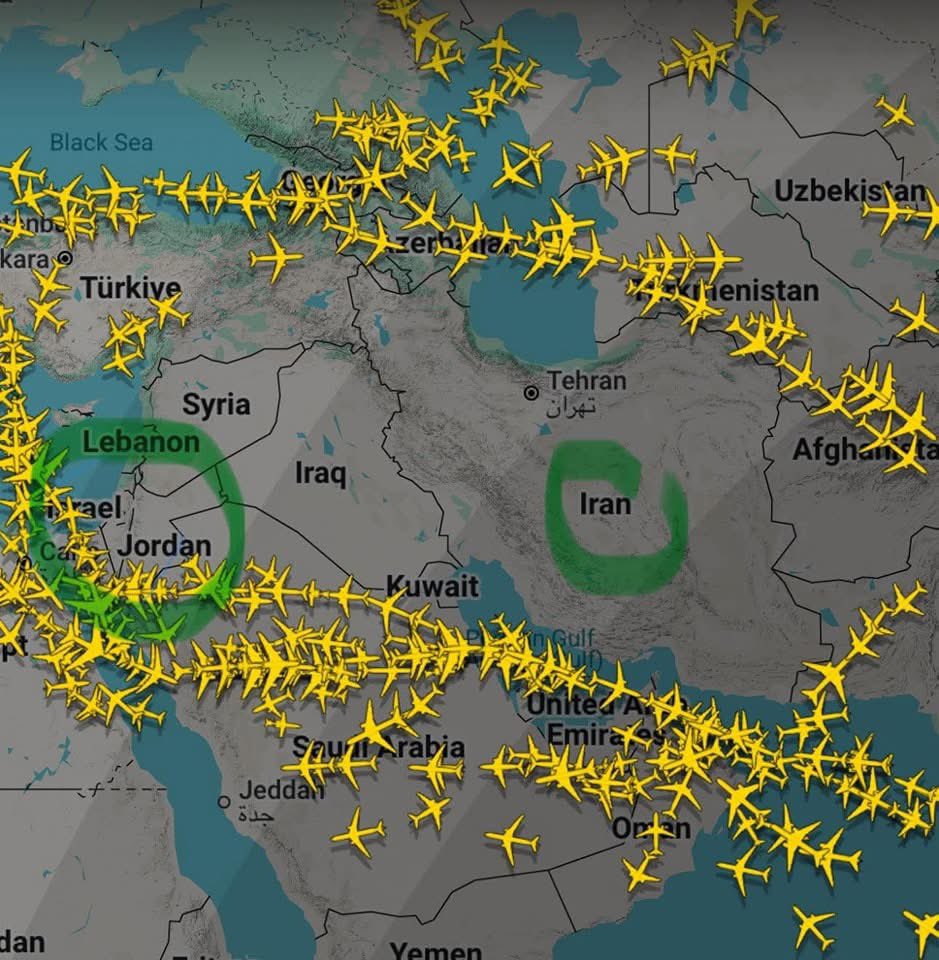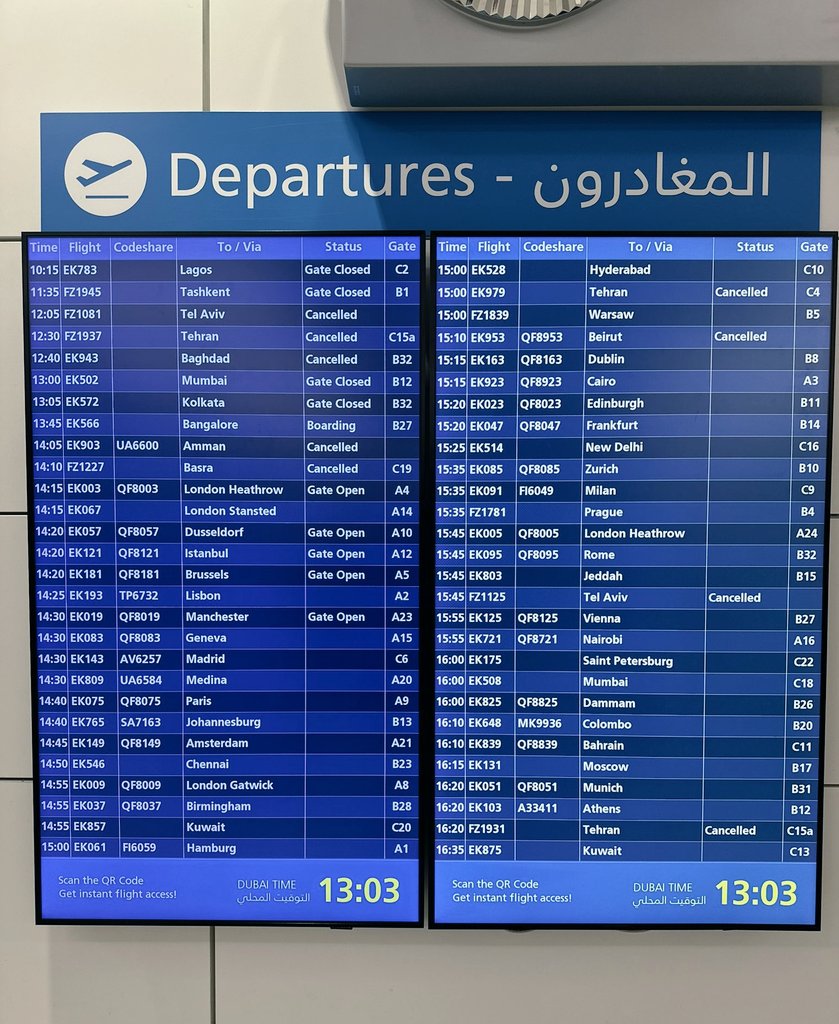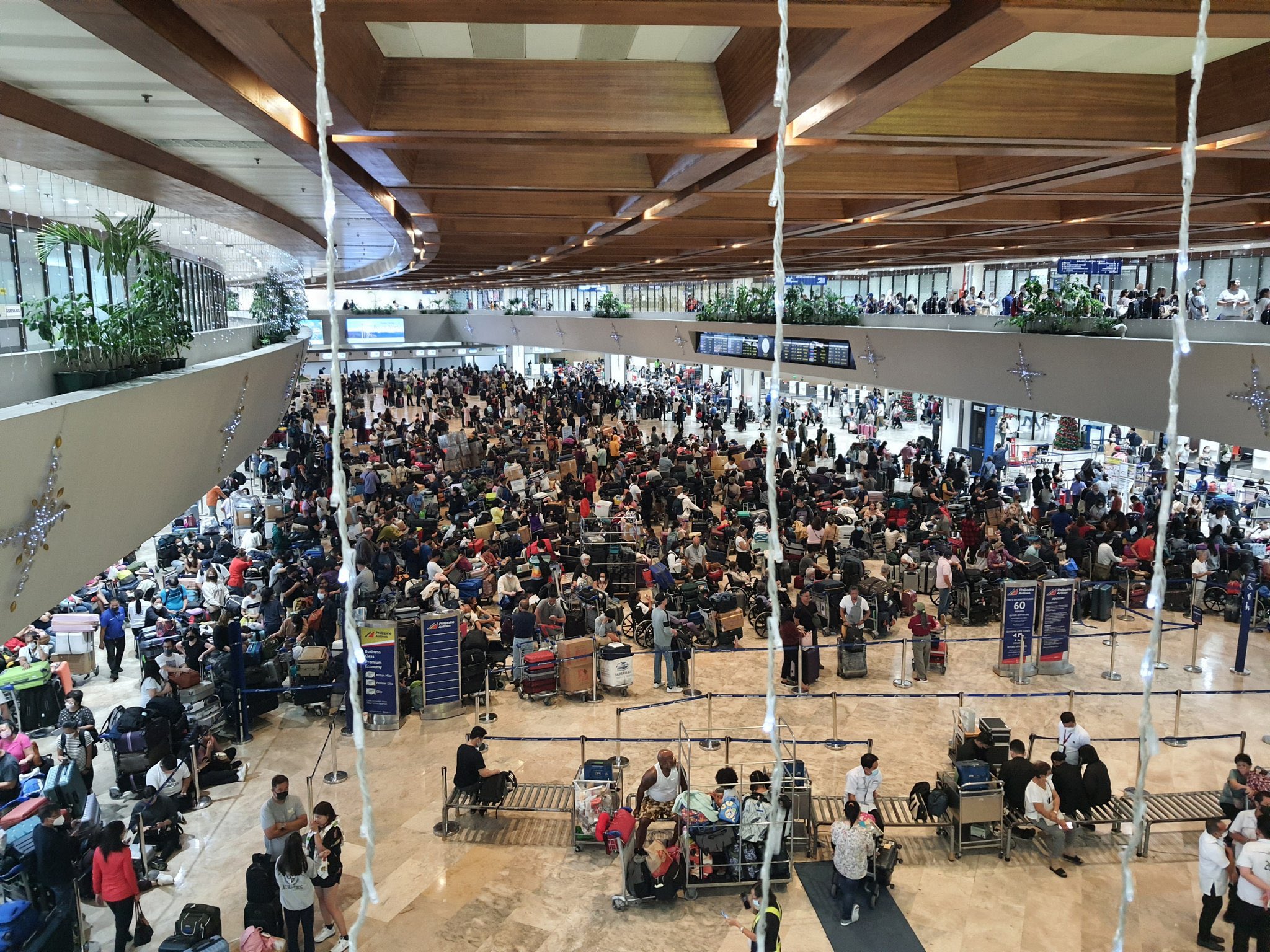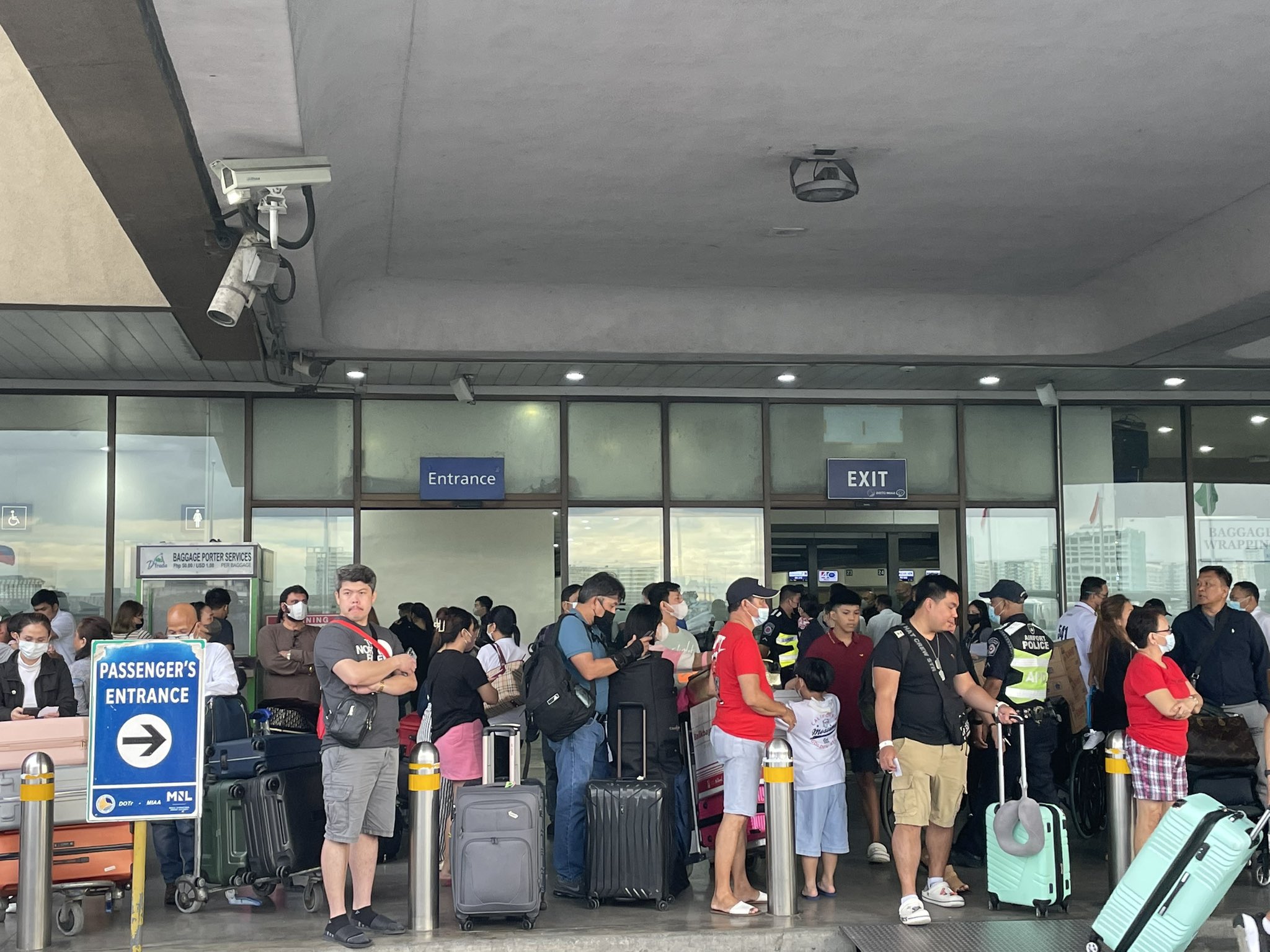
As travel evolves, so do the experiences that come with it. In 2025, airport lounges have transformed into luxurious sanctuaries, providing weary travelers with a taste of opulence before they board their flights. Here’s an extensive look at the ten best airport lounges worldwide, detailing their unique offerings and access requirements.
.jpg)
1. Virgin Atlantic Clubhouse, London

Located at London Heathrow Airport, the Virgin Atlantic Clubhouse is a vibrant reflection of the airline's playful and innovative spirit.
- Amenities: The lounge boasts a stylish cocktail bar where expert mixologists create signature drinks. Guests can indulge in an à la carte menu featuring the famous Clubhouse cheeseburger and a traditional afternoon tea service. Fitness enthusiasts can work out on Peloton bikes, while the rooftop garden provides a serene escape.
- Design: The decor is eclectic, featuring art installations and comfortable seating areas. A pool table adds a fun social element.
- Access: Entry is available to Virgin Atlantic Upper Class passengers, Delta One ticket holders, and members with high-tier elite status in the airline's loyalty program.
2. Air France La Première Lounge, Paris

The Air France La Première Lounge at Paris-Charles de Gaulle Airport epitomizes French luxury and sophistication.
- Amenities: Guests can arrange complimentary chauffeur service to the airport up to six hours before their flight. Inside the lounge, multiple relaxation zones include a cocktail bar and spa services from Sisley. Culinary offerings are crafted by Michelin-starred chef Alain Ducasse, featuring dishes like foie gras and lavish desserts paired with exceptional wines.
- Unique Features: The lounge accommodates just 15 guests, ensuring an intimate experience. Private suites with double beds and patios offer the ultimate in privacy and comfort.
- Access: Primarily for La Première cabin passengers, select business class travelers can purchase access for approximately $710 or use Flying Blue Frequent Flyer miles.
3. American Airlines Flagship First Dining
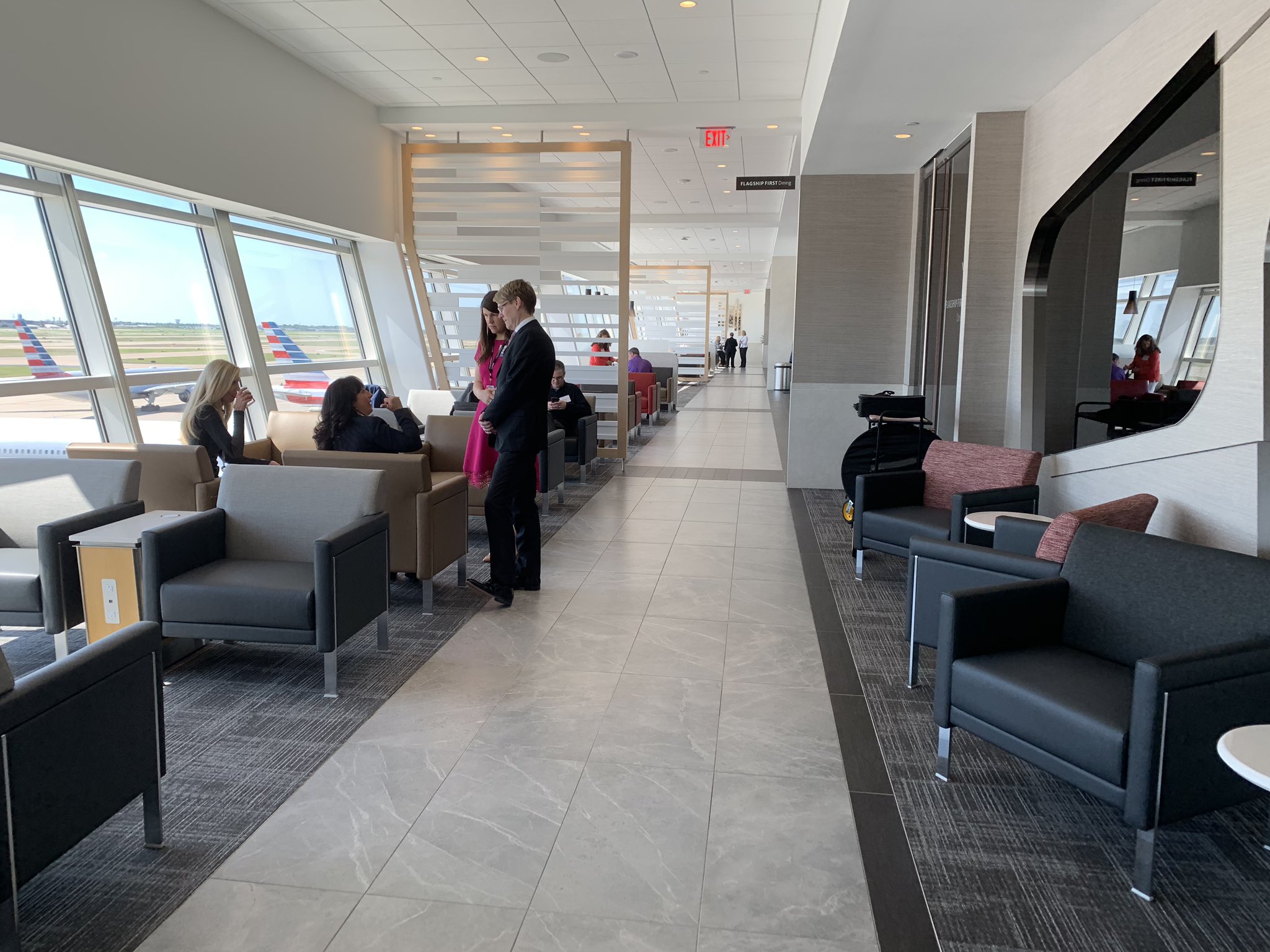
In its Flagship First Dining lounges in Dallas and Miami, American Airlines sets a new standard for airport dining.
- Amenities: Guests enjoy individually seated service featuring a menu that highlights seasonal, locally sourced ingredients. Signature dishes include roasted beet and burrata salad, free-range beef tenderloin, and delicate oyster fritters. Beverage selections include premium champagne and curated fine wines.
- Ambiance: The dining area is designed for comfort and elegance, creating a refined atmosphere ideal for pre-flight relaxation.
- Access: Available to Flagship First and Flagship Business Plus passengers on international flights or qualifying transcontinental routes.
4. American Express Centurion Lounges

With 26 locations globally, American Express Centurion Lounges offer a blend of luxury and local culture.
- Amenities: Each lounge features installations by local artists, fine dining menus crafted by regional chefs, and signature cocktails. Some locations provide spa services, while the JFK lounge includes a hidden speakeasy bar.
- Design: The lounges are thoughtfully designed to reflect local styles and cultures, creating a welcoming environment.
- Access: Requires an American Express Platinum, Business Platinum, Corporate Platinum, or Centurion card, along with a same-day boarding pass. Delta SkyMiles Reserve cardholders can also enter when flying Delta.
5. Cathay Pacific The Pier First Class Lounge, Hong Kong

The Pier First Class Lounge at Hong Kong International Airport is a luxurious escape designed by acclaimed designer Ilse Crawford.
- Amenities: The lounge features distinct zones bathed in warm amber lighting, with a cocktail bar and a midcentury-inspired restaurant serving refined continental cuisine, including the airline's beloved spicy dan dan noodles. Guests can enjoy complimentary spa treatments, including facials and foot massages.
- Work Facilities: For business travelers, six secluded work suites equipped with iMac computers provide an ideal setting for productivity.
- Access: Available to first-class travelers on Cathay Pacific or Oneworld alliance airlines, as well as top-tier Oneworld Emerald members.
6. Delta Sky Club, Atlanta
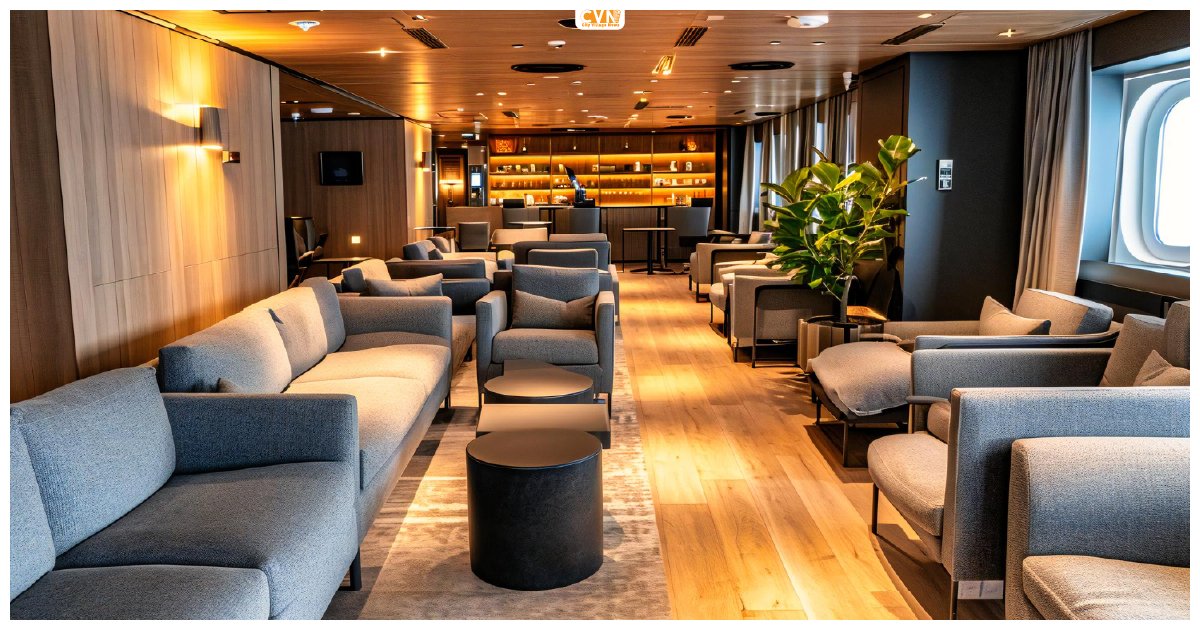
Delta's Sky Club at Hartsfield-Jackson International Airport is a standout among its nine locations.
- Amenities: The flagship lounge in Concourse B features an outdoor Sky Deck, a sophisticated wine wall curated by Delta’s master sommelier, and rotating Southern tapas created by chef Linton Hopkins. Additional amenities include an art gallery showcasing local artists and well-appointed shower facilities.
- Atmosphere: Designed for relaxation and socialization, the lounge offers diverse seating arrangements and dining options.
- Access: Open to Delta One, first, or business class passengers on international or transcontinental routes, as well as paid annual members and elite Medallion status holders.
7. Emirates First Class Lounge, Dubai
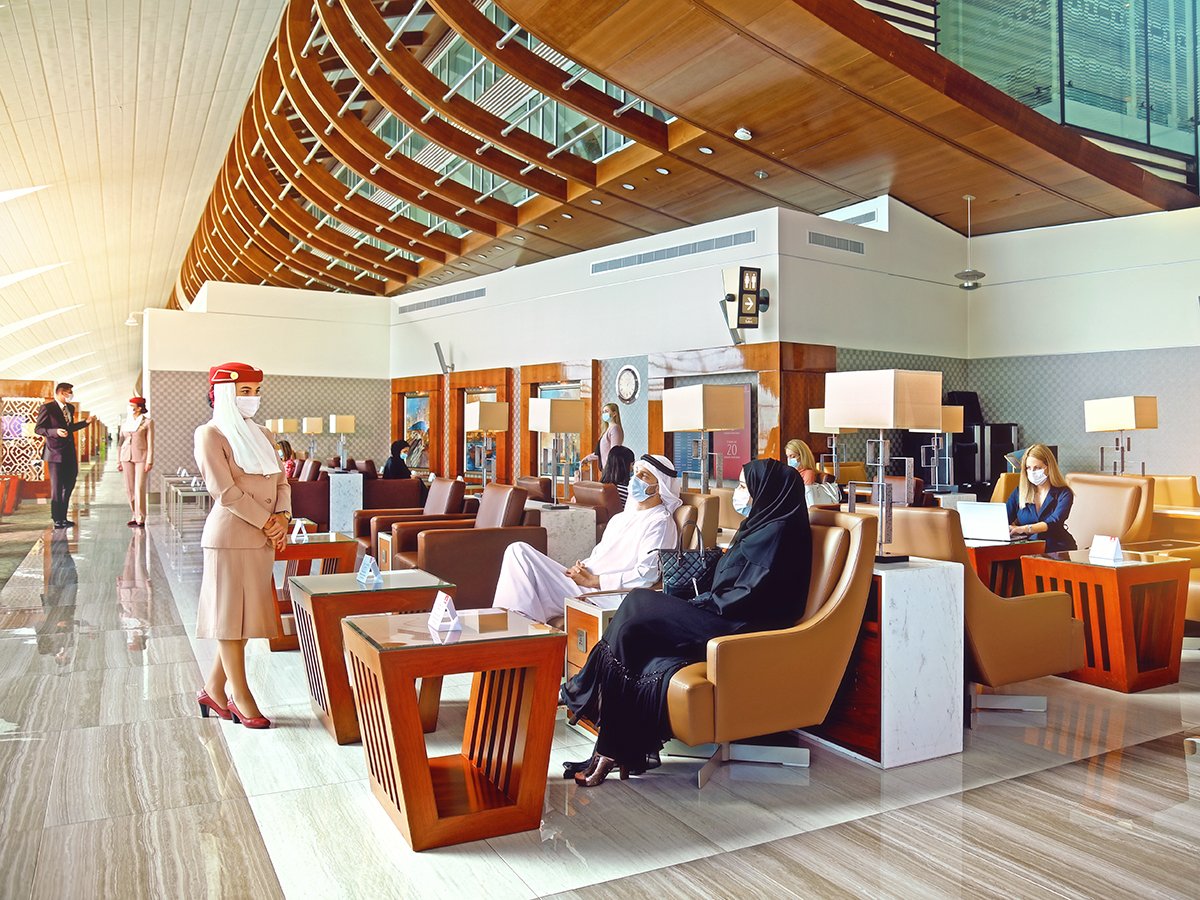
Emirates operates multiple First Class Lounges throughout Dubai International Airport, welcoming travelers up to four hours before departure.
- Amenities: The lounges include a dedicated wine cellar, a Timeless Spa for complimentary treatments, a specialty coffee bar, and a cigar lounge. Guests can enjoy extensive buffets featuring international cuisine or à la carte options.
- Unique Features: In-lounge duty-free shopping and semi-private quiet rooms for relaxation enhance the experience.
- Access: Available to first-class passengers on Emirates flights or those with Skywards Platinum status. Business class passengers can purchase one-time access upgrades.
8. Lufthansa First Class Terminal, Frankfurt
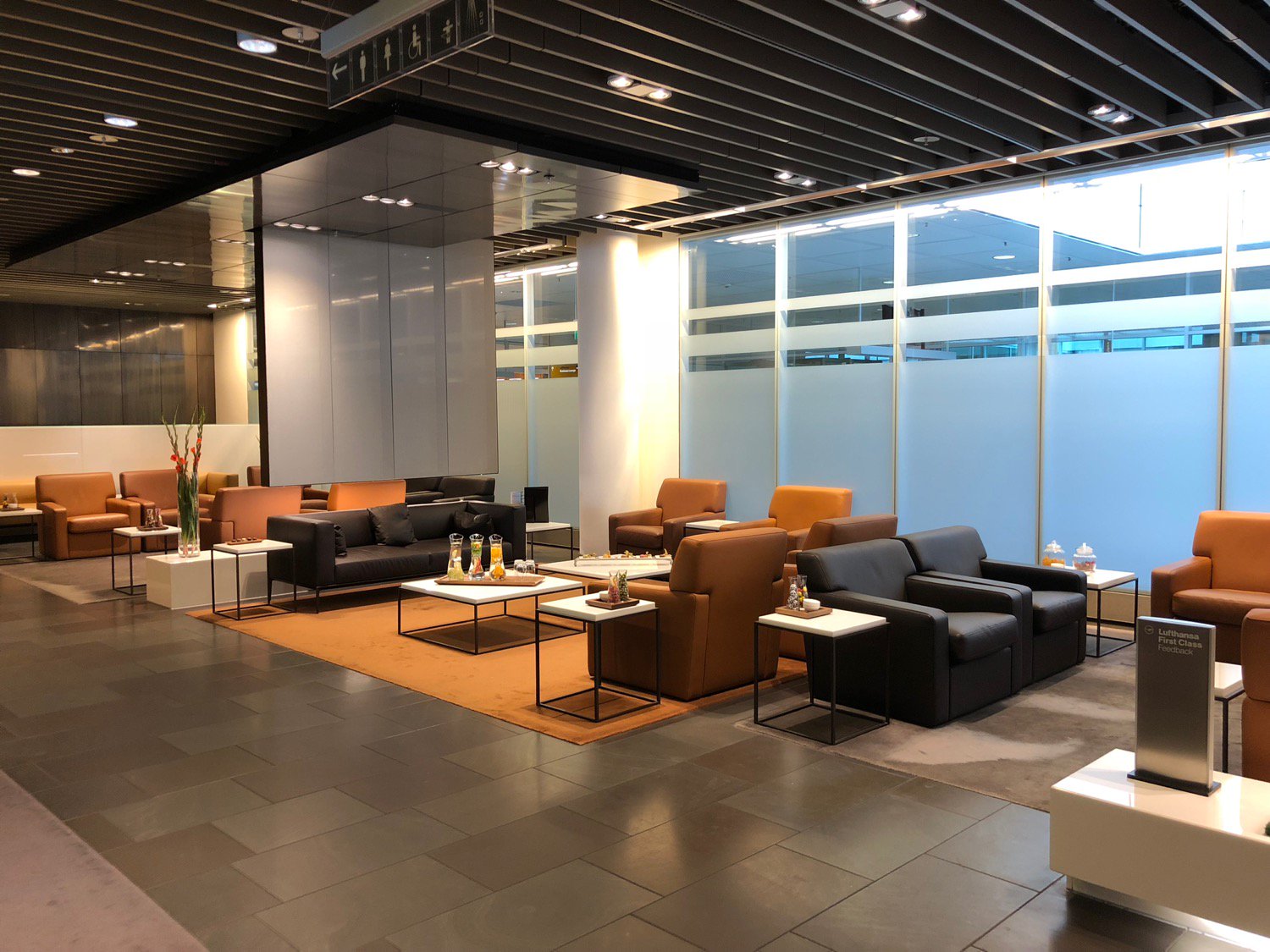
Lufthansa’s First Class Terminal at Frankfurt Airport is a luxurious haven for premium travelers.
- Amenities: This terminal allows travelers to bypass the main terminal entirely, offering valet parking and private security screening. Inside, guests can enjoy a cigar lounge, an extensive whiskey bar with over 100 varieties, full-service dining, and luxury shower rooms.
- Unique Features: Passengers are escorted directly to their aircraft via chauffeur service, ensuring a seamless travel experience.
- Access: Restricted to first-class passengers on Lufthansa or connecting flights operated by partner airlines, with additional access for ultra-elite Hon Circle members.
9. Qantas First Lounge, Sydney

The Qantas First Lounge in Sydney provides a stunning retreat, welcoming guests with a living plant wall and an impressive mechanical destination board.
- Amenities: Travelers can indulge in seasonal dishes from renowned chef Neil Perry, enjoy complimentary spa treatments, and relax in marble-clad shower suites. Private meeting facilities are also available for business travelers needing a quiet space.
- Atmosphere: The lounge combines modern design with nostalgic elements of aviation history, creating a unique and calming environment.
- Access: Available to first-class passengers on Qantas, Emirates, or Oneworld partners, as well as elite status holders.
10. Qatar Airways Al Mourjan Business Lounge, Doha

The Al Mourjan Business Lounge at Doha's Hamad International Airport is renowned for its spacious design and extensive amenities.
- Amenities: The lounge features dedicated family areas, both social and quiet seating zones, and multiple dining venues offering international cuisine. Entertainment options include gaming areas with pinball machines and PlayStation consoles, as well as a Formula 1 racing simulator.
- Unique Features: Numerous shower suites and semi-private resting areas cater to both relaxation and productivity, making it a versatile space for all travelers.
- Access: Open to business and first-class passengers on Qatar Airways or Oneworld partners, with options for economy passengers to purchase access in advance.
These lounges represent the pinnacle of luxury and comfort in the travel experience, transforming airports from mere transit points into destinations in their own right. With amenities ranging from gourmet dining to spa treatments, each lounge offers a unique escape from the hustle and bustle of air travel. Securing access to these exclusive retreats is no longer just a luxury but a travel hack that can significantly enhance your journey.






















